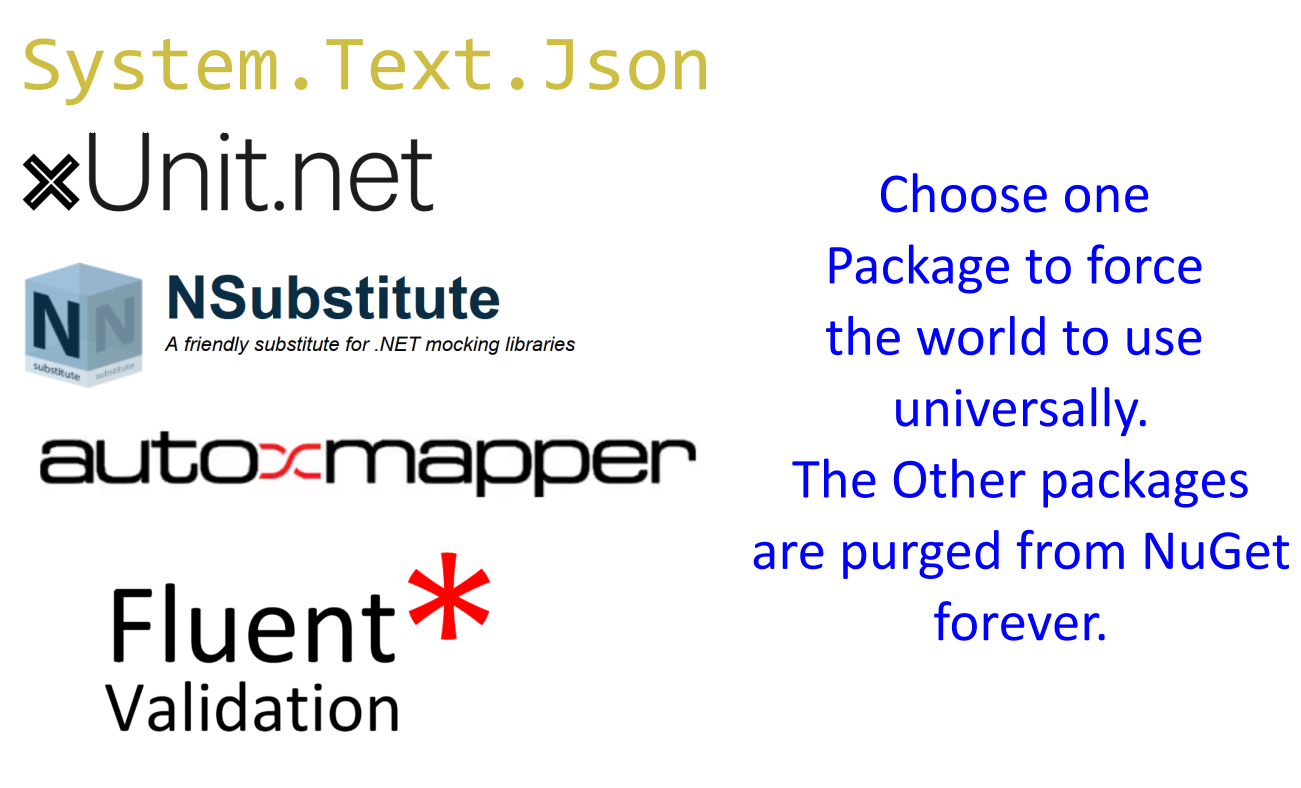Hello and welcome to /c/loud, the community for everything cloud computing. We are a growing community of IT pros, developers, tech enthusiasts, and novices alike, all with a common interest - exploring and understanding the expansive world of cloud technology.
This community was created to foster meaningful discussions, insights, and knowledge sharing about cloud computing. Here, we delve into everything from the fundamentals of cloud architecture to advanced topics, such as implementing cloud-native applications and mastering different cloud services like AWS, Google Cloud, Azure, and many others.
What Can You Expect From /c/loud?
-
Discussions: There's always a vibrant conversation happening here. You can ask questions, answer queries, engage in debates, or share your insights about various aspects of cloud computing.
-
News: Stay up-to-date with the latest developments in the cloud computing world. From new service launches to policy changes, we discuss it all.
-
Learning Resources: Whether you're just starting with cloud computing or are a seasoned professional looking to expand your skills, we regularly share resources to helThere's something for everyone, fromu. From online courses, tutorials, and webinars, to blog articles ething for everyone.
-
Career Guidance: Interested in a cloud computing career but unsure where to start? This community can be an excellent resource. Share your career-related questions, get advice from industry veterans, and learn about job opportunities.
Rules
Remember, as with all communities, we have a few rules to ensure the conversations remain respectful and relevant. Before you post, please take a moment to go through our rules.
-
Respect Each Other: Everyone has a right to their opinion. Please respect that right. Healthy debates are fine but do not resort to personal attacks or hate speech. We value a diverse community with different perspectives.
-
Stay on Topic: This is a cloud computing community, all discussions and posts should be related to this subject. Please ensure that your posts are relevant.
-
No Spam or Self-Promotion: This community is a place for discussion, not self-promotion or advertising. Posts that blatantly advertise a product, or service, or are used for self-promotion will be removed.
-
Avoid Reposting: Before posting, please use the search bar to ensure the topic hasn't been covered recently. Repetitive posts can clutter the feed and might be removed.
-
Professional Language: Use professional and (hekkin') polite language. Avoid using inappropriate or offensive content. Firefly profanity is allowed.
-
Fact-Check Your Posts: Misinformation can be damaging and misleading. Please ensure that the information you are sharing is accurate to the best of your knowledge. This includes outdated articles or content regarding deprecated services.
-
Respect Privacy: Do not share the personal information of others. This includes email addresses, phone numbers, physical addresses, etc.
-
No Illegal Content: Any posts or comments sharing illegal content, or discussing activities that violate the terms of service of cloud computing platforms, will be removed.
-
Cite Your Sources: If your post includes data or information sourced from somewhere else, please provide a link or citation to the original source.
Violation of any of these rules can result in post/comment removal. The mod team reserves the right to enforce these rules at their discretion. If you have any questions or concerns, please feel free to reach out to the moderators.
We look forward to a positive and engaging environment here in our community!
Enjoy!
Whether you're exploring cloud computing for the first time, or you're an experienced professional keen on staying abreast of the latest trends, /c/loud is the perfect place for you. Join us today and become a part of our thriving community!


Audit logs and Access control paper trails.
Security event logging has to be:
These three requirements are tricky and often conflicting. Block-chain might be an inefficient way to achieve these, but the glove does fit quite neatly.
Logistical paperwork
These kinds of documents require multiple stages of matching and approval by untrusted 3rd parties. There are dozens of ecosystems of interacting systems that support processing these documents, but most people still use paper. Paper is more reliable when you need to deliver a container full of diapers from Poland to North Sudan. It's more reliable but incredibly prone to fraud and forgery. Having all of these approvals and transactions tracked on a blockchain and letting different systems interact with the same chain, would make it possible without each ERP having a rest API to each other ERP.